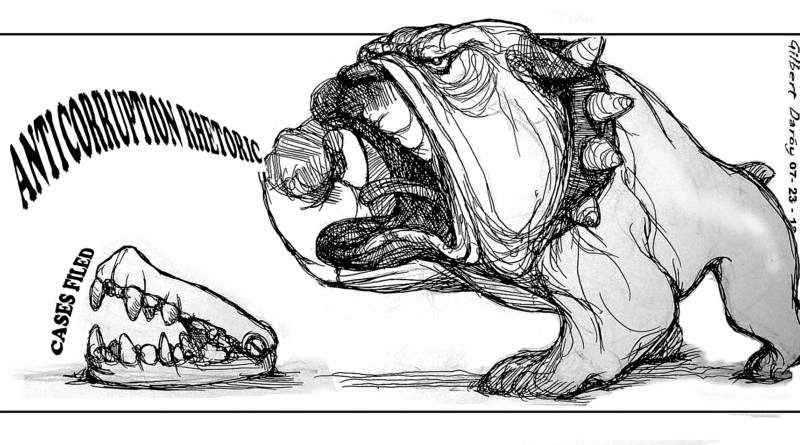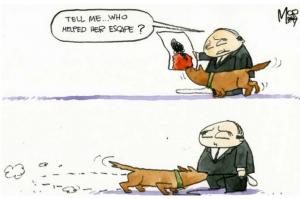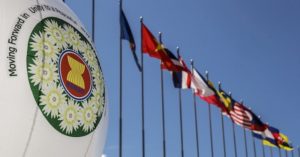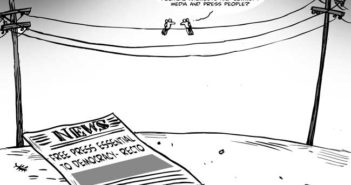Change is here–is it as promised?
The Supreme Court has given the Duterte administration victory after unsettling, jurisprudence-upsetting victory—the Marcos burial, the martial law cases, the unseating of Chief Justice Maria Lourdes Sereno. But in the matter of the President’s own signature “war on drugs,” not even a Supreme Court in thrall to a popular leader can deny the reality of the killings that have happened.
Thus, in a resolution compelling the solicitor general, representing the Philippine National Police, to provide the Court with full documentation on the first 3,000 killings, it said: “This is a total of 20,322 deaths during the Duterte administration’s antidrug war from July 1, 2016, to Nov. 27, 2017, or an average of 39.46 deaths every day. This Court wants to know why so many deaths happened…”
The answer is clear from abundant evidence: because the President declared war on drug addicts. Rodrigo Roa Duterte campaigned for the presidency on a promise to eliminate in three to six months what he described as a drug crisis. But two years into his term, President Duterte seems to be failing to quell this so-called crisis, as he defines it, even when measured by his own terms, as he defines them.
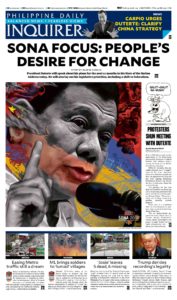
The failure of the President and his allies to muster the political will to bring to justice those involved in the P6.4-billion shabu smuggling attempt, the biggest such hoard apprehended in the drug war, illustrates the skewed, selective nature of the administration’s signature campaign. This is the true state of the nation.
The President’s vow to eradicate the drug crisis was closely related to his campaign promise to fight crime and corruption. He told Al Jazeera a few days before the elections: “I will solve drugs, criminality and corruption in three to six months. I am the only remaining card left for the Filipinos to deal with the situation.”
Even the President must admit that the only remaining card has not proved to be a winning hand—so far.
In May, before an audience that included government officials, Mr. Duterte vented his frustrations about the prevalence of corruption in government—that is, under his administration. “I am not attributing [sic] any of the Cabinet members there. It could be a failure in the lower echelons of government… Now we are talking about graft and corruption, we are talking about red tape and everything and yet it continues.”
Only last month, he vowed to institute “radical changes” in his administration to fight corruption. The changes include placing “those offices na hindi talaga ma-control (really beyond control)” under the Office of the President. He made this announcement in his 24th month in office.
In the first two years of the Duterte administration, twice as many Cabinet-level officials were removed from their position than in the comparable period under President Benigno Aquino III. Yet many of these high officials have been “recycled” and given new positions or responsibilities.
That uneven record in tackling criminality and corruption is part of the true state of the nation.
Mr. Duterte also pledged to complete the peace agreement with the Moro Islamic Liberation Front and to end the communist insurgency. His administration has a chance to do right by the peace process in Mindanao by enacting the proposed Bangsamoro Organic Law first thing today. But the once high hopes for peace with the Communist Party of the Philippines have foundered on the rocks of mutual incomprehensibility and renewed hostilities.
But it may be that the biggest change, and the most unexpected, is the new government policy toward the Chinese state: From the refusal to apply the landmark arbitral tribunal ruling on the South China Sea, to the administration’s readiness to give China credit where it isn’t due (for instance, claiming Beijing’s donation of arms helped end the Marawi siege), to the continuing inability of the administration to protest Chinese incursions or adequately explain unusual Chinese presence in Davao, the Philippine posture on China has changed from proud assertiveness to defensive subservience. This, too, is part of the true state of the nation.
The Duterte administration has four more years to recalibrate its priorities and ways of governance, and reboot as necessary. It’s not immune to public opinion; it suspended the antidrug war twice in the face of public outrage at documented excesses by the police. With multiple surveys indicating growing national anxiety over the economy and inflation, the unseemly dash to federalism and the country’s lopsided relations with China, the administration can do with listening more closely to the people’s foremost concerns in the months and years ahead.
 All photographs, news, editorials, opinions, information, data, others have been taken from the Internet..aseanews.net | [email protected] / For comments, Email to : Aseanews.Net | [email protected] | Contributor
All photographs, news, editorials, opinions, information, data, others have been taken from the Internet..aseanews.net | [email protected] / For comments, Email to : Aseanews.Net | [email protected] | Contributor
ASEANEWS EDITORIAL & CARTOONS:.
7.1. D. Tribune –Straight from the heart <> Concept News Central – Caesar’s wife test
7.2. M. Bulletin –Rains, floods recall plans to move school opening
7.3. The Manila Standard – A worthy goal

7.4. The Manila Times –SONA
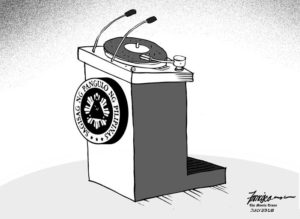
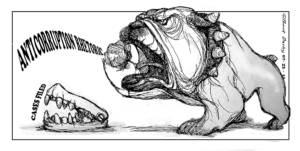
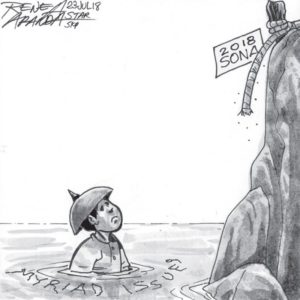
7 . Paalala ng PNP para iwas rape – Pilipino Star Ngayon – TOO HARD TO SELL!
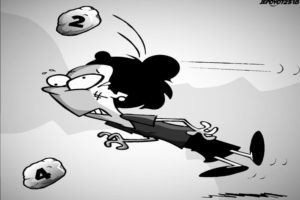

8.1. For The Straits Times –The new global order under Trump
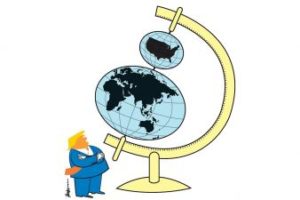

Jonathan Eyal – Europe Correspondent
Jonathan Eyal was born in Romania, but has lived most of his life in Britain. Educated at Oxford and London universities, his initial training was in international law and relations, in which he obtained both his first degree and his Master’s with a Distinction. His doctorate, completed at Oxford in 1987, analysed relations between ethnic minorities in Eastern Europe. After teaching at Oxford for three years, Dr Eyal was appointed a researcher at the Royal United Services Institute for Defence Studies in London. Since 1990, Dr Eyal has been Director of Studies at the Institute. Dr Eyal has authored books on military relations in the Balkans and Eastern Europe, and became a regular commentator for The Guardian newspaper in London. He started writing for The Straits Times in 2001, and is currently the paper’s Europe Correspondent. He is fluent in French, Romanian, Italian, Hungarian and German.
 All photographs, news, editorials, opinions, information, data, others have been taken from the Internet ..aseanews.net | [email protected] |.For comments, Email to :D’Equalizer | [email protected] | Contributor
All photographs, news, editorials, opinions, information, data, others have been taken from the Internet ..aseanews.net | [email protected] |.For comments, Email to :D’Equalizer | [email protected] | Contributor

